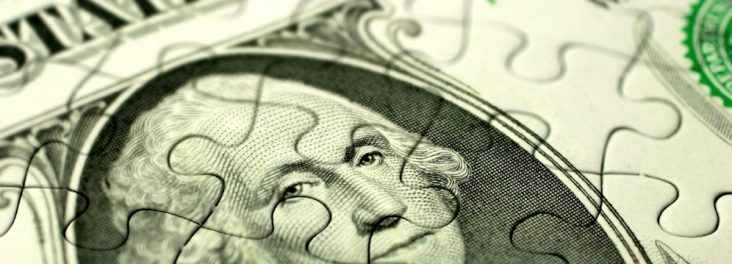Southern Bancorp CEO joins Presidential roundtable on small business emergency loans
by April 8, 2020 5:12 pm 874 views

Southern Bancorp CEO Darrin Williams joined President Donald Trump, Treasury Secretary Mnuchin, Advisor to the President Ivanka Trump, Director of the National Economic Council Larry Kudlow, and Small Business Administration Administrator Jovita Carranza, along with ten other CEOs from some of the nation’s largest financial institutions on Tuesday (April 7) to discuss their experience with the Paycheck Protection Program.
Williams told Talk Business & Politics that he was on Fox News during the weekend touting some of the positive aspects of the program and after his appearance he was contacted by the White House. Since the program opened days ago, his bank has received hundreds of small business and non-profit applicants. So far, about $17 million worth of loans have been applied for, and Williams said he expects that number to grow significantly in the coming days.
“I think it’s a bold and aggressive program that will help people in our markets,” Williams said.
Williams began by sharing with the president the importance of community development financial institutions like Southern, who exist to primarily serve low-and-moderate income communities. With branches throughout Arkansas and Mississippi, Southern works with many rural and underserved communities that are being especially hard hit during the coronavirus pandemic.
Southern Bancorp is participating in the Paycheck Protection Program, which provides federally guaranteed loans to small businesses through funding from the CARES Act, and Williams shared his experience and perception of the program with the president. Congress has already doled $349 billion towards the program and more could be provided in the coming days or weeks.
Small businesses and non-profits can apply for loans through the program and the loans only charge a 1% interest rate and are for up to two years. A company or non-profit can apply for loans up to 2.5 times their average payroll.
The loans can be forgiven by the federal government if a certain percentage of the money is directly used to maintain payrolls as they existed before the pandemic. The loaned money can also be used to pay rent, utilities and mortgage interest, too. Essentially, it’s like offering companies money to meet payrolls for the next eight weeks to stem the tide of small business and non-profit closures, Williams added.
Many financial institutions on the call echoed concerns about funding being depleted as well as problems uploading applications to the federal website. Williams and others also called for increased support for community development financial institutions in future stimulus spending as these financial institutions are well situated to channel resources to economically struggling communities.
Some of the problems in the roll out are simple fixes, he said. For example, the Small Business Administration doesn’t typically deal with non-profits. In the online application process, there is a field that asks who owns the entity. Non-profits are not owned, so this field remained empty and when the application was processed it might be rejected because of that empty field, Williams said. Problems like that can be fixed and the process will work itself out, he said.
Ultimately, the problems will be fixed and many small businesses that are in dire straits right now could survive.
“I’m very optimistic about this program,” he said.
